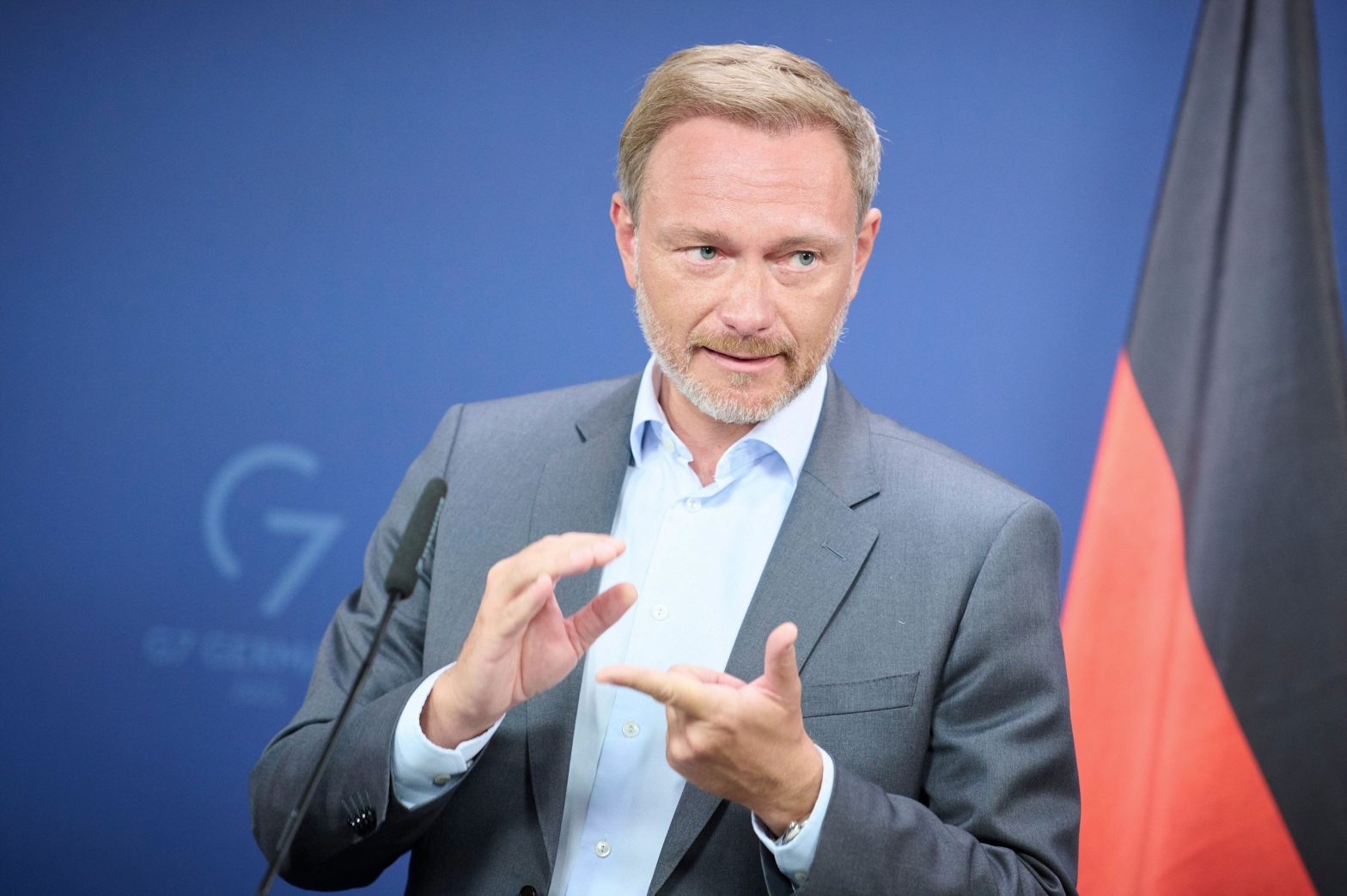Germany’s cabinet backed a plan on Wednesday for a $180 billion fund to bolster energy efficiency. The funding comes as Germany and other EU countries look to cut their reliance on Russian energy. Funding will go in part toward energy-efficiency renovations for existing buildings, but EV subsidies will end. Loading Something is loading.
Germany’s cabinet on Wednesday approved plans for roughly $180 billion in funding aimed in part at reducing the country’s reliance on Russian energy, as Moscow continues to cut gas flows into Europe.
About €177.5 billion ($179.7 billion) will be put into Germany’s Climate and Transformation Fund between 2023 and 2026, the economy ministry said in a statement translated into English. The plan will be sent to parliament for approval.
The special fund is key for the modernization of the German economy as well as financing climate protection, the government said. It will support the conversion of Germany’s energy supply, decarbonization efforts, and development of the hydrogen sector, among other items.
Expansion of renewable resources is “even more topical and urgent” following Russia’s invasion of Ukraine, Finance Minister Christian Lindner said at a press conference, according to Bloomberg.
Moscow has been reducing natural gas flows into Europe since it launched its war against the former Soviet republic in late February, with the moves seen as retaliation against Western nations for imposing related sanctions on Russia.
Russia’s state-run energy giant Gazprom this week cut flows again, days after resuming deliveries. The European Union, in anticipation of Russia’s move at its Nord Stream pipeline, on Tuesday approved plans to reduce gas consumption by 15% by August 1. The EU has warned cuts could be made mandatory if the region’s energy crisis worsens.
Germany’s special fund will also address building renovations, with €16.9 billion earmarked for making buildings more energy efficient. The government will put €5.6 billion toward electromobility development, including expansion of the charging infrastructure. But subsidies for electric vehicles will end, the economy ministry said.
“In view of the billions in profits of car companies, such subsidies are no longer necessary,” Lindner told reporters.
Deal icon An icon in the shape of a lightning bolt. Keep reading
More: MI Exclusive Germany Russia European Union Chevron icon It indicates an expandable section or menu, or sometimes previous / next navigation options.
